Urban Sustainability
The ongoing urbanization poses significant ecological, economic, technical and social challenges in society. The strategic research area Urban Sustainability aims to contribute to an urban development that is more sustainable and thus improves people's living environment and health.
Stephan Barthel, research leader for the area talks about Urban Sustainability and the research programmes within the area.
By 2050, nearly 70 per cent of the world’s population is expected to live in cities, and Sweden is also a country with a growing population and extensive urbanisation. This sets new demands on building the cities in an ecologically, economically and socially sustainable manner. Our goal is a more sustainable urban development that creates good living environments and contributes to improving people’s well-being without exceeding the limits of what our planet can handle.
We have to have a holistic perspective, where social, technical, financial and legal factors, among others, are linked together with the ecological factors since these parts are woven together with each other. We cannot live together in a dense environment where there are light years of difference in the living standards between individuals.
Stephan Barthel, Research Leader
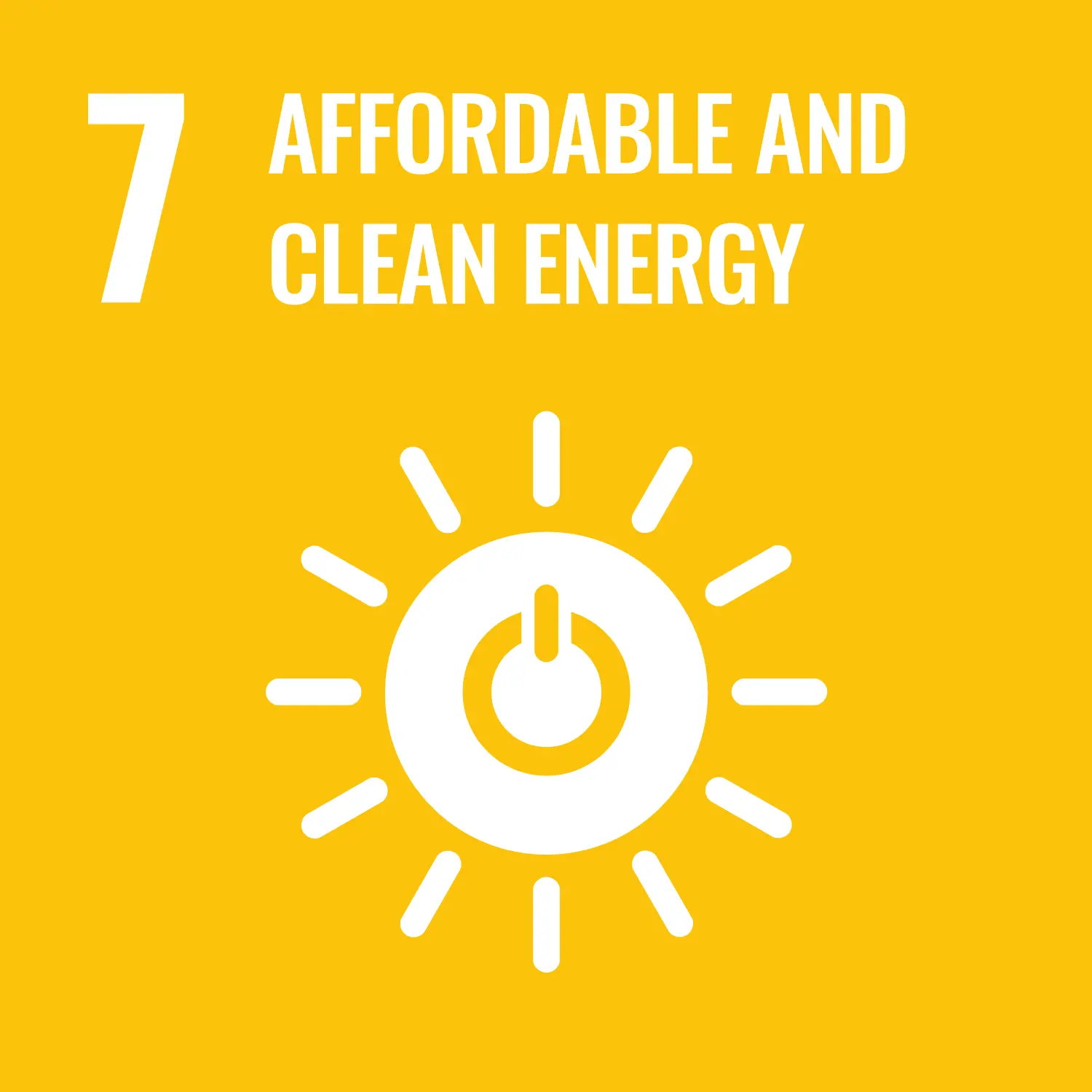
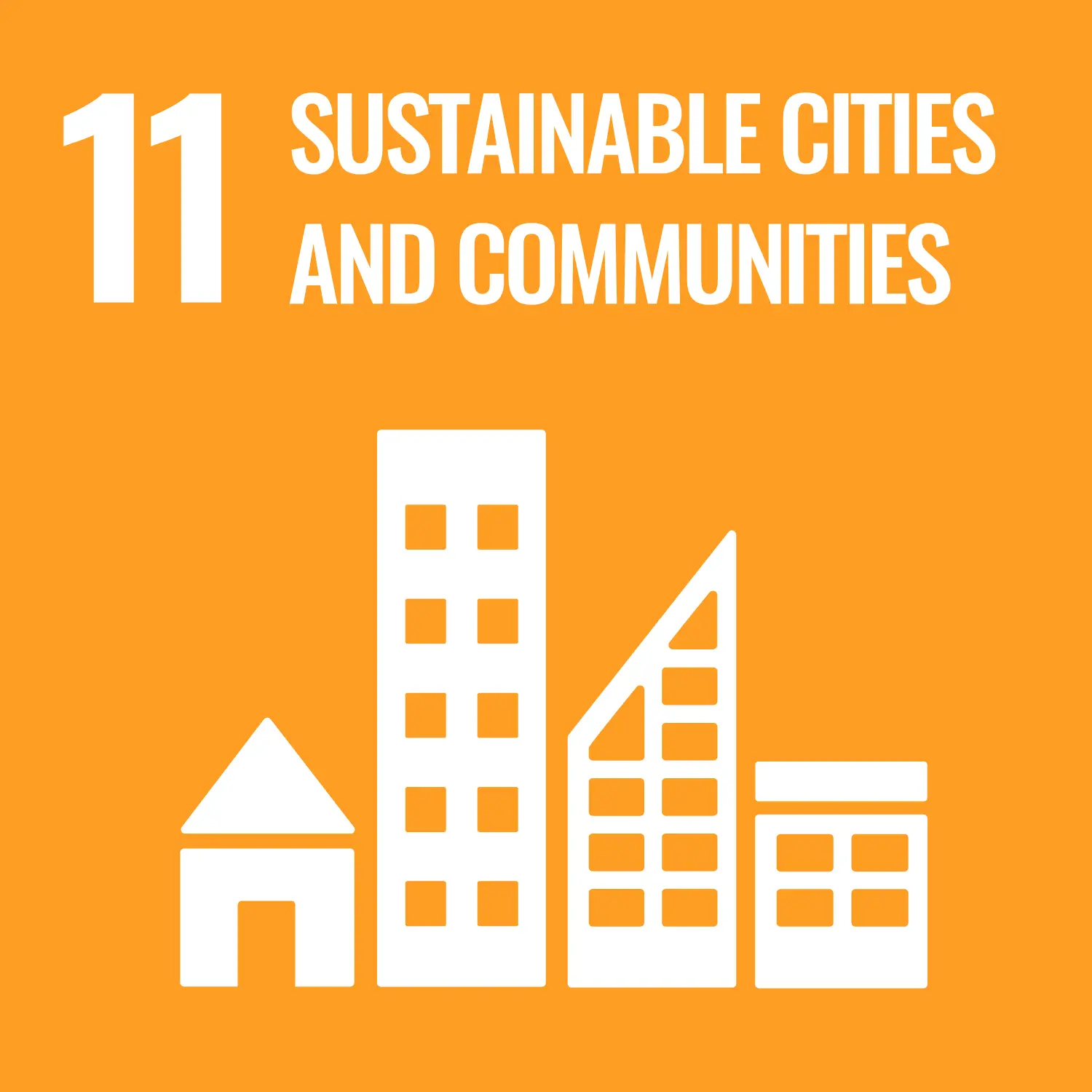

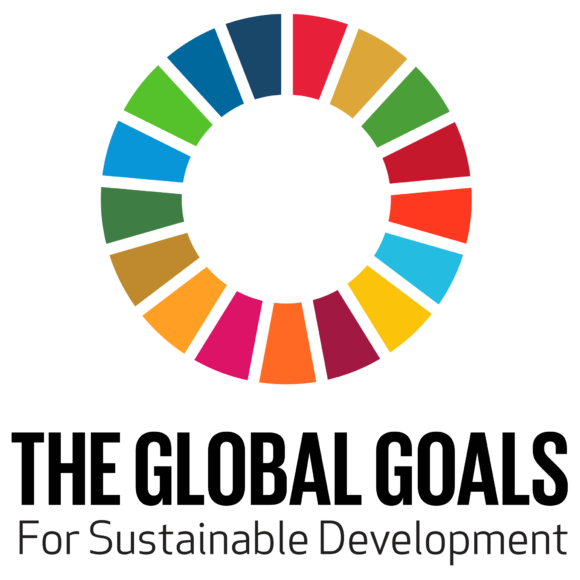
The strategic research area Urban Sustainability addresses social challenges linked to goals 7, 11 and 13 in Agenda 2030.
A major societal challenge
One of the greatest societal challenges is that an extensive urbanisation is under way. In recent decades, focus has been on building the dense city to achieve climate goals and to develop strong urban economies, but this has taken place at the expense of green spaces and the health of people who live in the cities. Given the growing urbanisation, the cities’ development is crucial to our ability to create a sustainable future.
The goal of the strategic research domain, Urban Sustainability, is for the University of Gävle to become one of the best and most dynamic research arenas regarding sustainable urban development in Sweden.
It is an interdisciplinary and broad field that extends across environmental sciences, energy systems, social sciences, public health sciences, religious studies, engineering, and biology.
Research leader
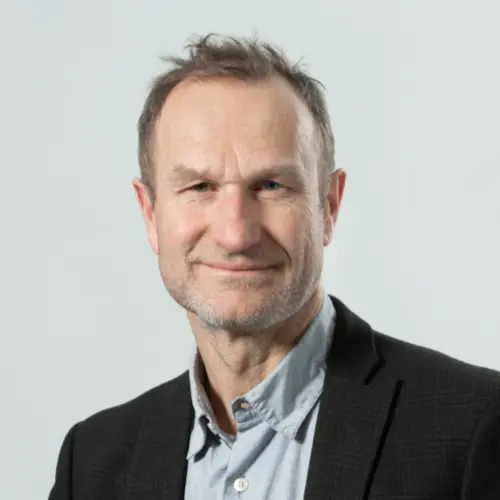
Please contact Stephan Barthel if you have any questions about the research project or read more about his research and see his publications in the research presentation.
Research programmes
There are three research programmes in the strategic research domain: Urban Studio, Urban Commons and Urban Transitions.
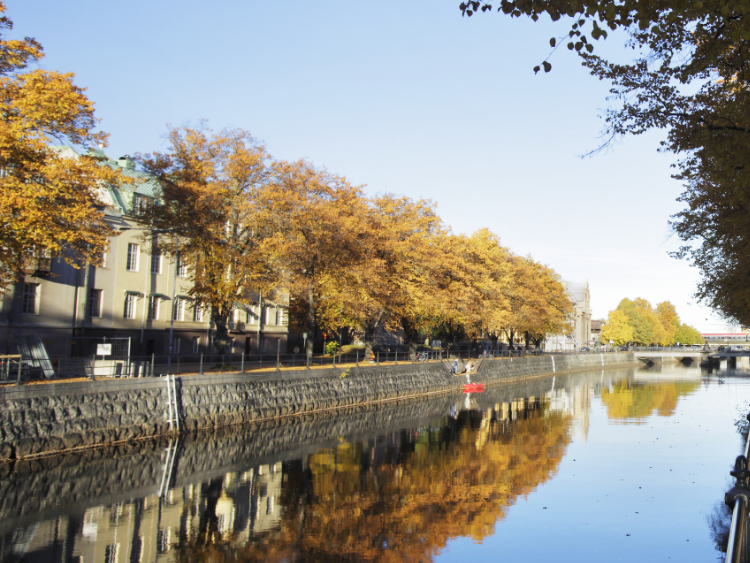
Urban Studio
The programme aims to bring about a more sustainable urban development that also contributes to improving people’s well-being.

Urban Commons
A research programme aimed at interdisciplinary research and collaboration for socially sustainable urban development.

Urban Transitions
The mission of the research program is to accelerate the transition to a sustainable attractive society.
Business research school
In the strategic research domain, there is also a business research school called Future-Proof Cities.
Future-Proof Cities
The unique business research school initiative “Future-Proof Cities” provides important collaboration between the business and academic communities. What is unique about the business research school is that it builds on a social dialogue where the academic community in collaboration with the business community and urban planning directly implements solutions to develop our cities into climate smart, vibrant, healthy and safe places. The research school will be of great significance to spread and create new knowledge in cooperation with industry.
This page was last updated 2024-04-18
